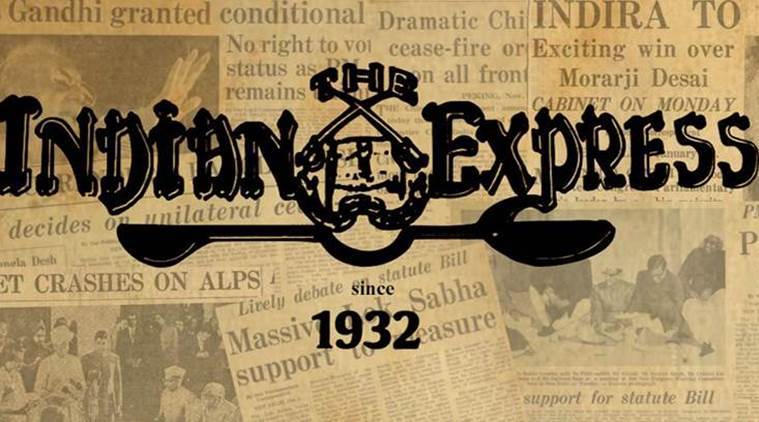Opinion Living with half-truths
Pakistan minister’s remarks about terrorism in New York ignored a crucial point: State agencies patronise terror groups.

 Pakistan minister Khawaja Muhammad Asif’s argument that the state lacks resources to deal with the problem goes to the heart of Pakistan’s inattention disorder.
Pakistan minister Khawaja Muhammad Asif’s argument that the state lacks resources to deal with the problem goes to the heart of Pakistan’s inattention disorder.
Experimental psychologists have long known the curious phenomenon Pakistan Foreign Minister Khawaja Muhammad Asif revealed to the world when he spoke on terrorism in New York last week. Faced with an impossible deluge of events, psychologists have long known, individuals simply develop inattentional blindness — the failure to see objects or stimuli that are in plain sight. In his remarks, Asif described 26/11 architect Hafiz Muhammad Saeed and his organisation, the Lashkar-e-Taiba, as a “liability”. But, he asked, “give us time to get rid of them [as] we don’t have the assets to deal with these liabilities. Asif also blamed the US for the problem. “These were people who were your darlings just 20 to 30 years back”, he argued. And, he went on to add that Pakistan was “used and discarded” after the Cold War, setting the stage for the rise of jihadist forces. In essence, the argument is this: Pakistan recognises it has a problem, but cannot do anything about it. It should be recognised as a victim, not a perpetrator, of terrorism.
Like so many disingenuous arguments, this one is built with bricks of truth. The US, along with Saudi Arabia, did indeed patronise jihadists, and General Muhammad Zia-ul-Haq’s dictatorship, in the course of its war against the Soviet Union in Afghanistan. This is true not just of Pakistan, but much of western Asia. However, the US aid to jihadists in Afghanistan was routed through Pakistan’s own military. Jalaluddin Haqqani and Saeed were chosen by Zia-ul-Haq’s spies for patronage. Four decades from the Afghan jihad, it is befuddling that Pakistan should blame the US for the problem — all the more in the face of voluminous evidence that its intelligence services continue to patronise these groups.
Asif’s argument that the state lacks resources to deal with the problem goes to the heart of Pakistan’s inattention disorder. The survival of these groups is a consequence of organised state patronage — not lack of resources. If Pakistan is unable to act against terrorists in plain sight, that would mean it is a failed state. In that event, Pakistan should welcome foreign forces being deployed. Instead, Asif ended his speech by asking for more funds. It is hard to conclude other than that Pakistan is making a special pleading for its march into the abyss to be paid for by those very countries it is dragging along towards disaster.




